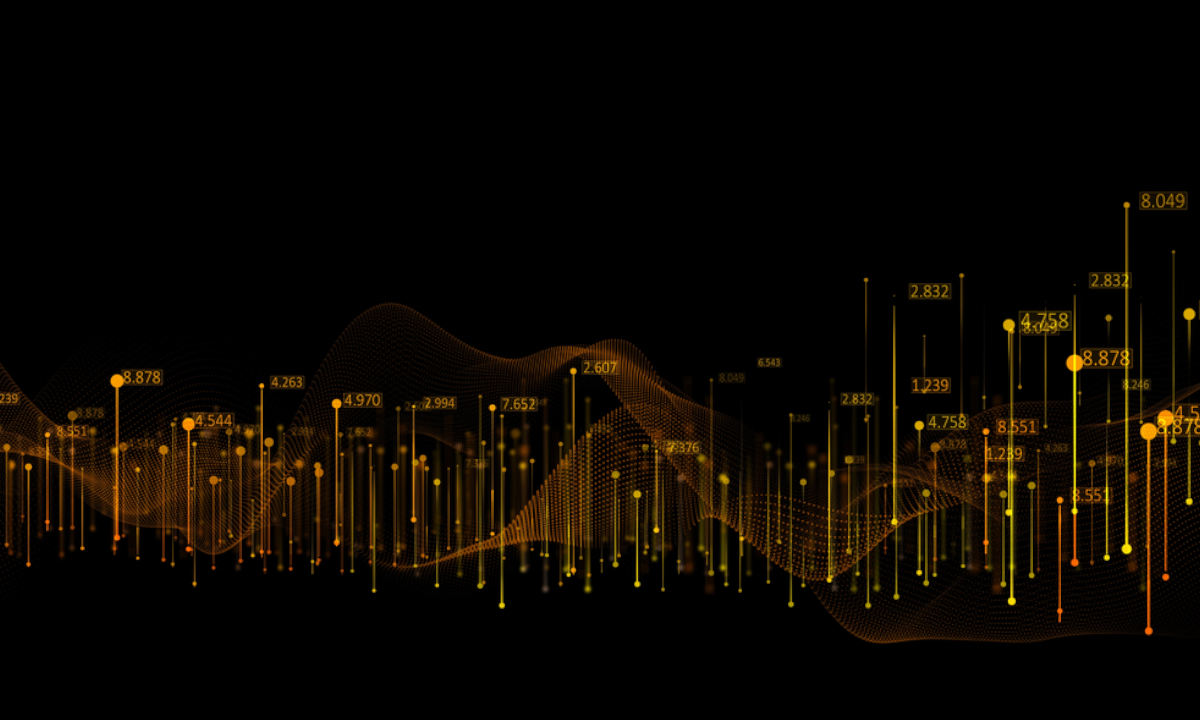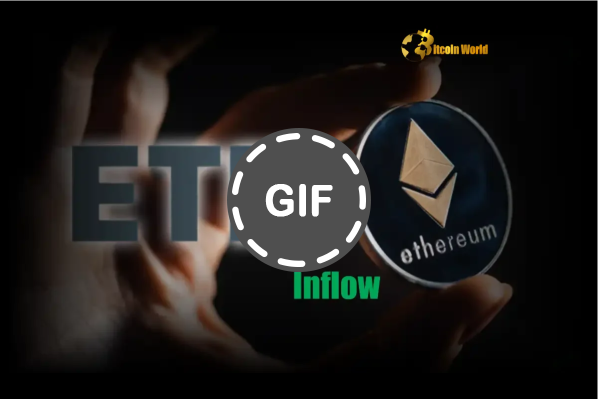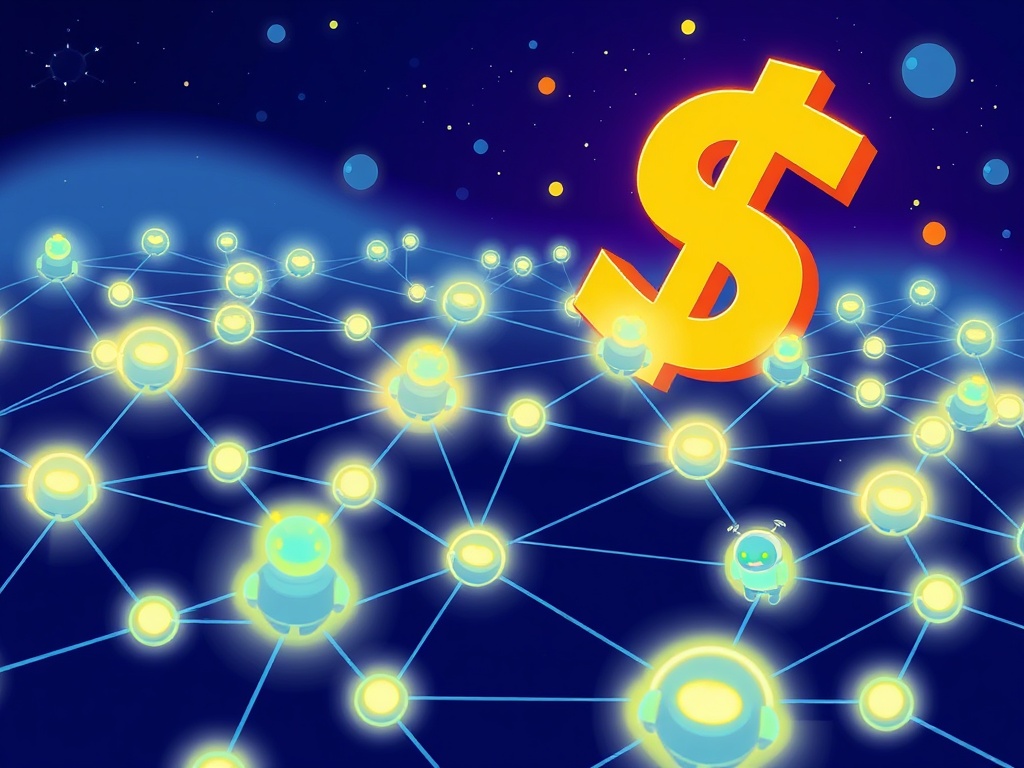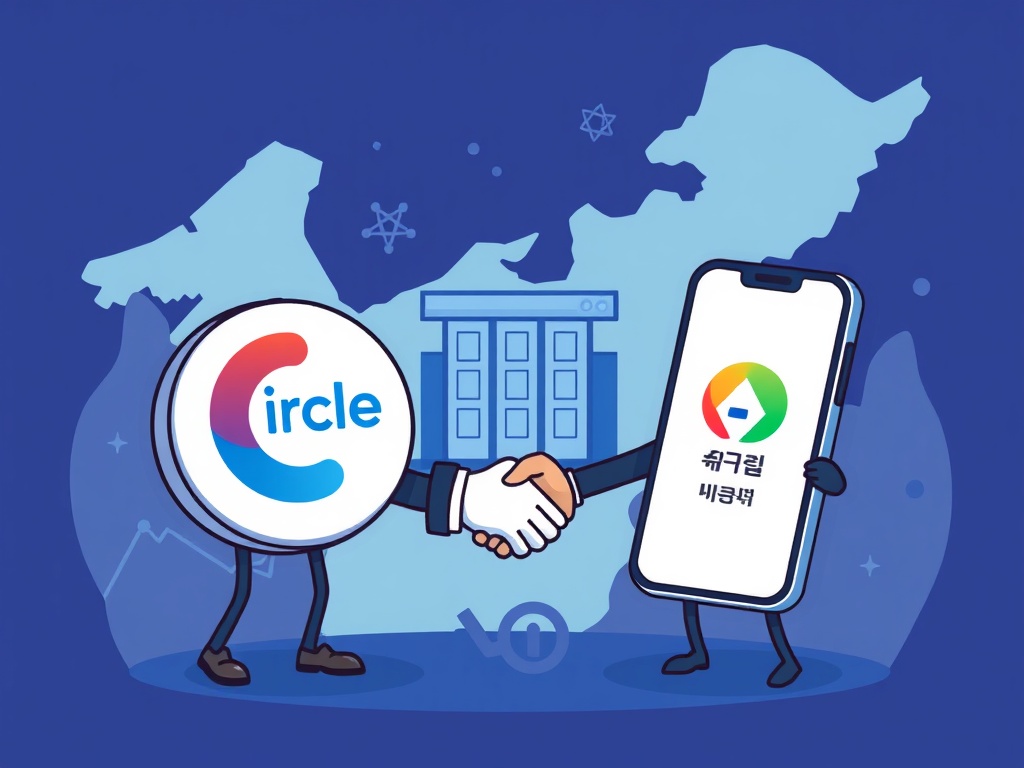BitcoinWorld
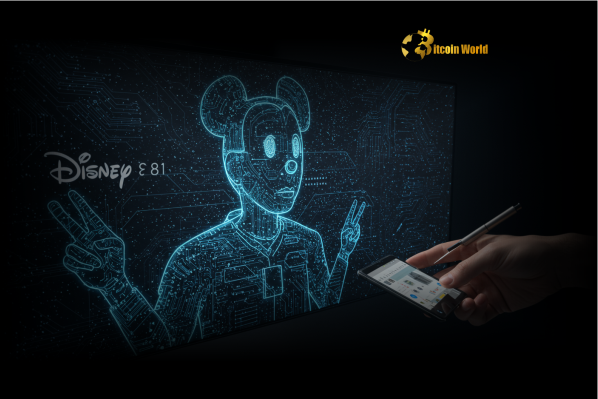
Shockwave: Entertainment Giants Sue Midjourney Over AI Copyright
In the rapidly evolving digital landscape, where innovation often outpaces regulation, a significant legal battle is unfolding that has caught the attention of tech enthusiasts and traditional industries alike. This lawsuit, involving major entertainment powerhouses and a leading generative AI platform, highlights critical questions about digital rights and the future of creativity. For those in the cryptocurrency space, who understand the complexities of decentralized technology and evolving legal frameworks, this case underscores the broader challenges of intellectual property in the digital age.
What is the Core of the Midjourney Lawsuit?
At the heart of the matter is a lawsuit filed by Disney and Universal against the generative artificial intelligence platform, Midjourney. The core allegation is that Midjourney used copyrighted content belonging to these studios without permission to train its AI models. These models are capable of generating and editing images, and the studios claim this training involved unauthorized access and use of their extensive libraries of characters and creative works.
The lawsuit, filed in the U.S. District Court for the Central District of California, isn’t just about the training data itself. It also points to the output generated by Midjourney. The studios assert that users of the platform can generate images that clearly depict their copyrighted characters, such as the iconic Homer Simpson or the formidable Darth Vader. Dozens of such examples were reportedly included in the court filing to support their claim of infringement.
The filing indicates that Disney and Universal had previously contacted Midjourney regarding their concerns and requested that the alleged intellectual property violations cease. The lawsuit was filed after these earlier requests were reportedly ignored.
Why is AI Copyright Such a Contentious Issue?
The lawsuit brings the complex issue of AI copyright directly into the spotlight. One of the major challenges for developers of large AI models, particularly those trained on vast datasets scraped from the internet, is navigating existing copyright law. Tech companies, including those developing generative AI, have often argued for legal interpretations that would allow them to train on publicly available works, even if copyrighted, without needing explicit permission from every creator or compensating them individually. Their argument often centers on the idea that this training is akin to a human learning process or falls under fair use doctrines.
However, content creators and copyright holders, like Disney and Universal, argue that using their protected works to build commercial products (the AI models and the services they power) constitutes unauthorized use and diminishes the value of their original creations. They contend that the output generated by these AI models can directly compete with or substitute for works created by human artists, writers, and other professionals, thereby harming the creative industries.
Key points in the AI copyright debate include:
- Training Data: Is using copyrighted material for training AI models a fair use or infringement?
- Output: Is the output generated by AI, particularly if it resembles existing copyrighted works, a derivative work that infringes on the original?
- Attribution and Compensation: Should AI companies be required to attribute the original works used in training or compensate the creators?
- Authorship: Can an AI be considered an author, or is the human user the author, or is it the AI developer?
These questions are currently being debated in courts and legislatures globally, making the outcome of cases like the Disney/Universal vs. Midjourney lawsuit potentially precedent-setting.
What Does This Mean for the Entertainment Industry?
The entertainment industry, while being a plaintiff in this case, also has a complex relationship with generative AI. While studios are protective of their existing intellectual property, some have also begun experimenting with AI technologies themselves, albeit often in limited or controlled ways. This includes using AI for tasks like visual effects, animation assistance, script analysis, or even generating concept art.
The lawsuit highlights the industry’s primary concern: protecting its vast library of valuable characters, stories, and visual assets. These assets are the foundation of their business models, driving everything from films and TV shows to theme parks and merchandise. Allowing AI platforms to freely use and potentially replicate these assets without control or compensation poses an existential threat to their traditional revenue streams and creative control.
Conversely, the industry is also looking for ways to leverage AI to reduce costs and increase efficiency. This creates a tension between wanting to harness the power of AI and needing to protect the very content that makes their business valuable. The outcome of this lawsuit could significantly influence how the entertainment industry approaches the adoption and regulation of AI technologies in the future.
Seeking Remedies for Intellectual Property Violations
In their lawsuit, Disney and Universal are not merely seeking a declaration that Midjourney infringed their rights. They are pursuing concrete remedies to address the alleged harm caused by the unauthorized use of their intellectual property. The key demands outlined in their filing include:
- Monetary Damages: The studios are seeking financial compensation for the damages they claim to have suffered as a result of Midjourney’s alleged infringement. This could include actual damages based on lost profits or statutory damages for each instance of infringement.
- Jury Trial: The plaintiffs have requested a jury trial, allowing a panel of citizens to hear the evidence and decide on the facts of the case and the extent of liability.
- Injunction: A crucial demand is an order from the court (an injunction) that would bar Midjourney from continuing to engage in the alleged copyright infringement. This could potentially require Midjourney to alter its training data, modify its models, or implement filters to prevent the generation of infringing content.
These demands reflect the studios’ intent to not only be compensated for past alleged harms but also to prevent future violations of their rights by Midjourney. The request for an injunction, in particular, could have significant technical and operational implications for Midjourney’s platform.
What’s Next in the Legal Battle?
As of the initial report, Midjourney had not immediately responded to requests for comment regarding the lawsuit. The legal process will involve Midjourney filing a response to the complaint, potentially arguing defenses such as fair use, lack of substantial similarity in output, or issues with the studios’ claims regarding the training data. The case will then likely proceed through discovery, where both sides exchange evidence, followed by potential motions, settlement discussions, and ultimately, if no settlement is reached, a trial.
The outcome of this case is being closely watched by the entire tech and creative ecosystem. It will likely help shape the legal precedents regarding the use of copyrighted material in AI training and the responsibility of AI platforms for the output they generate. For anyone interested in the future of digital rights, the intersection of technology and law, and the protection of creative works in the age of AI, this lawsuit represents a pivotal moment.
This legal challenge underscores the ongoing tension between rapid technological advancement and established legal frameworks designed to protect creators. How courts interpret existing laws in the context of sophisticated generative AI will have lasting consequences for innovation, creativity, and the future of various industries, including entertainment and potentially other sectors dealing with valuable digital assets.
To learn more about the latest AI copyright trends, explore our article on key developments shaping AI features.
This post Shockwave: Entertainment Giants Sue Midjourney Over AI Copyright first appeared on BitcoinWorld and is written by Editorial Team


